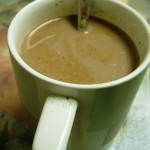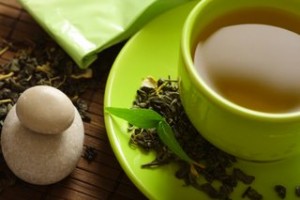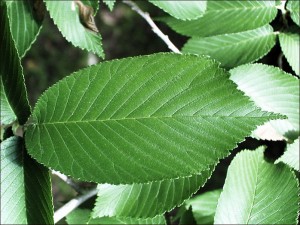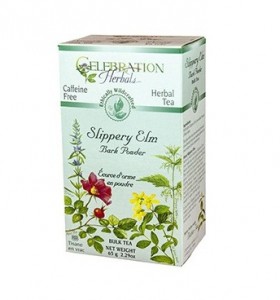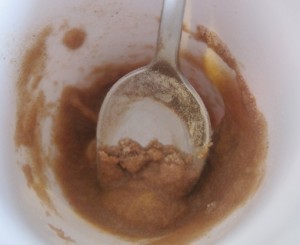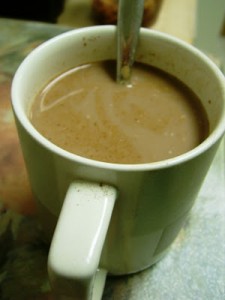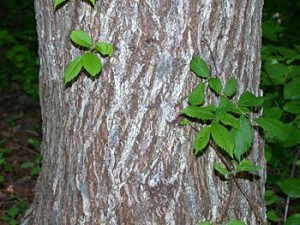Slippery Elm Tea
Slippery elm tea is an herbal infusion made from the ground inner bark and dried leaves of slippery elm tree (Ulmus rubra) that is native to the United States and Canada. Because of its abundant mucilage content, the flavorless drink has been traditionally used as a remedy to improve a number of health conditions.
History and origin
The Native Americans have a long tradition of using the slippery elm bark as a potent herbal medicine. Soaked barks were used to make a natural bandage that helped in healing burns and injuries. It was extensively used by the Revolutionary War soldiers to help treat their wounds. Its use has also been mentioned in some 19th-century medical texts. Many herbalists and practitioners of naturopathy today recommend it to patients with different health problems.
Slippery elm tea benefits: what is it good for
Cough and sore throat
This herbal beverage with its mucilaginous constituents acts as a demulcent, reducing minor inflammation and pain. It helps protect the tissues by forming a film over the mucous membrane lining the throat, thereby aids in alleviating a sore throat. Moreover, it can be used as an expectorant since it provides relief from persistent dry cough associated with acute bronchitis.
Irritable bowel syndrome
Preliminary results of research studies indicate that intake of slippery elm tea along with licorice root, agrimony, cinnamon, bilberry, and oat bran may increase bowel movements in those suffering from IBS with constipation.
A recent clinical study has shown that there is a close association with IBS, chronic gastritis, and hemorrhoids and that most IBS patients are prone to these conditions. According to scientific research, its consumption not just assists in reducing bloating, gas, stomach pain and cramping but lowers the risks of developing gastritis and hemorrhoids in those with IBS.
Inflammatory bowel disease
Having a cup of slippery elm tea is beneficial for lessening the symptoms of ulcerative colitis and Crohn’s disease, collectively referred to as IBD (Inflammatory Bowel Disease). The presence of mucilage in the decoction helps in the treatment of diarrhea by controlling frequent loose, watery stools. Besides, the astringent property of tannins in this drink helps in treating intestinal as well as rectal bleeding. Its consumption also provides a fair amount of dietary fiber, helping in reducing the severity of diverticulitis.
Gastroesophageal reflux disease
Its intake assists in avoiding the episodes of GERD as well as easing the symptoms such as heartburn or acid reflux, chest pain, and nausea by stimulating nerve endings in the GI tract causing an increase in mucus production. This improves digestive health and protects the GI tract against excess stomach acid and ulcers.
Urinary tract infections
Because of its antimicrobial properties, drinking of slippery elm tea is useful for inhibiting the growth of bacteria that infect the lower and upper urinary tracts. Its use also reduces some of the symptoms of UTI including a burning sensation during urination, pelvic pain, abdominal discomfort, and nausea.
Cancer
Even though there is no conclusive evidence about its efficacy of improving the quality of life for patients with cancer, consumption of a blend of Indian rhubarb, slippery elm bark, sheep sorrel, and burdock root may help in reducing the risks of breast cancer.
Other uses
- The anti-inflammatory, antiseptic, and antibiotic properties make it a potent natural remedy for a variety of skin conditions such as psoriasis, cold sores, ulcers, boils, and abscesses. A poultice made from powdered slippery elm bark and warm water should be cooled and applied to the affected area.
- It can be used as a mouth rinse, providing relief from toothaches.
How to make slippery elm tea
- Take 2 cups (12 oz.) of water in a teapot and bring it to a boil
- Add 2 tablespoons (4 g) of powdered slippery elm tea in a mug
- Pour boiling water over it
- Steep for 3 minutes
- Stir the mixture with a teaspoon and again steep it for a minute
- Serve it either hot or cold
Safety and precautions
Side effects
Consumption of slippery elm tea is considered safe, and no side effects seem to occur in people. However, its topical application may cause skin irritation in those at risk of developing allergic reactions.
During pregnancy
It is commonly believed that intake of slippery elm tea results in abortion even though no scientific data has supported this belief. Nonetheless, its use should be avoided by those who are pregnant or nursing.
Where to buy
You can purchase slippery elm tea bags and slippery elm powdered tea on the internet as well as from the local market.
References
- https://en.wikipedia.org/wiki/Ulmus_rubra
- http://www.webmd.com/vitamins-supplements/ingredientmono-978-slippery%20elm.aspx?activeingredientid=978&activeingredientname=slippery%20elm
- https://www.botanical.com/botanical/mgmh/e/elmsli09.html
- https://www.mskcc.org/cancer-care/integrative-medicine/herbs/slippery-elm
Article was last reviewed on 6th August 2021
Related Articles
Leave a Reply
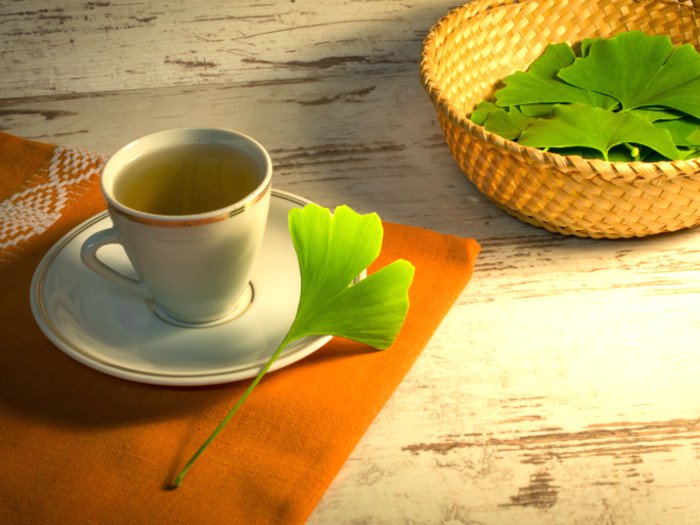
Ginkgo Biloba Tea
The Ginkgo Biloba tea is an herbal infusion obtained from the extract of the dried leaves
Read more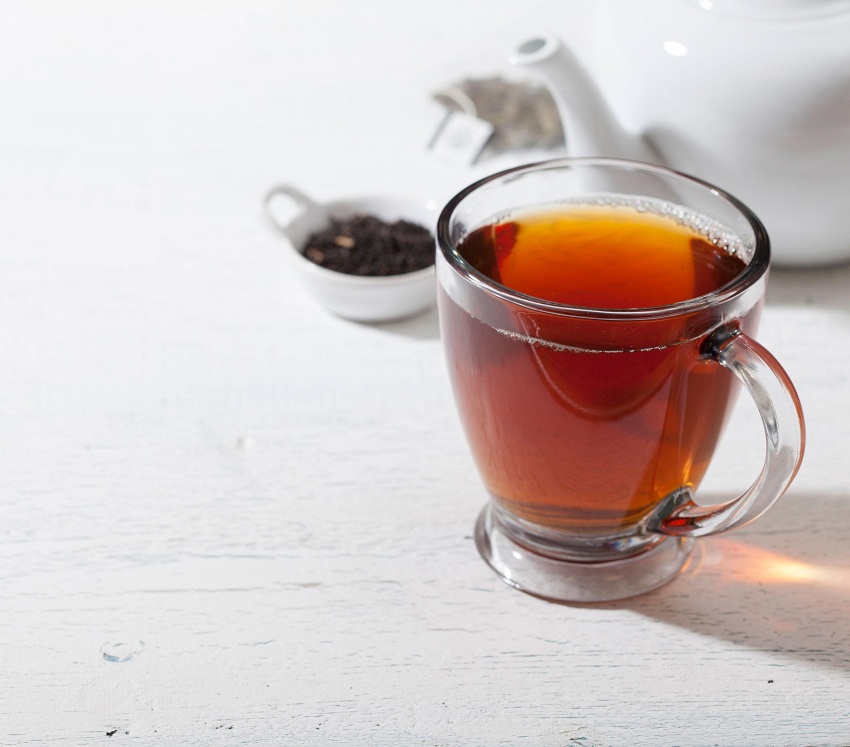
Black Tea
Black tea, belonging to the same group as the green, white and oolong teas is the most oxi
Read more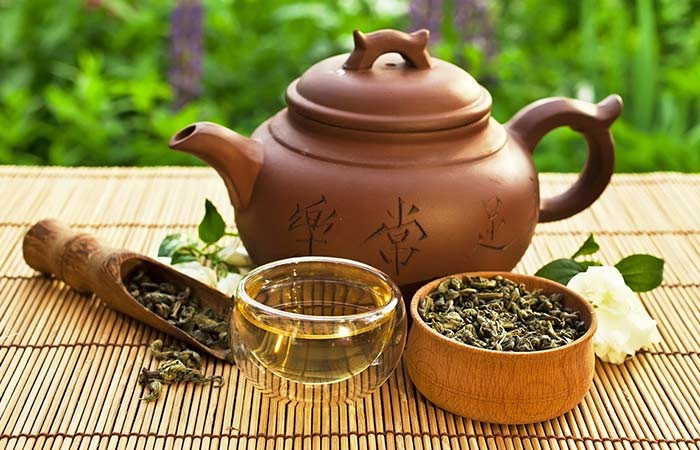
Oolong Tea
What is oolong tea Oolong, a traditional beverage of China, is prepared from the buds, st
Read more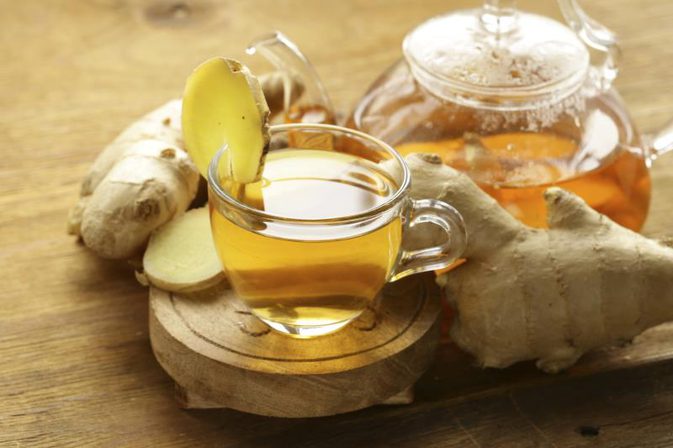
Ginger Tea
Ginger tea, prepared from the roots of ginger, is a popular herbal beverage of Asia. Becau
Read more
